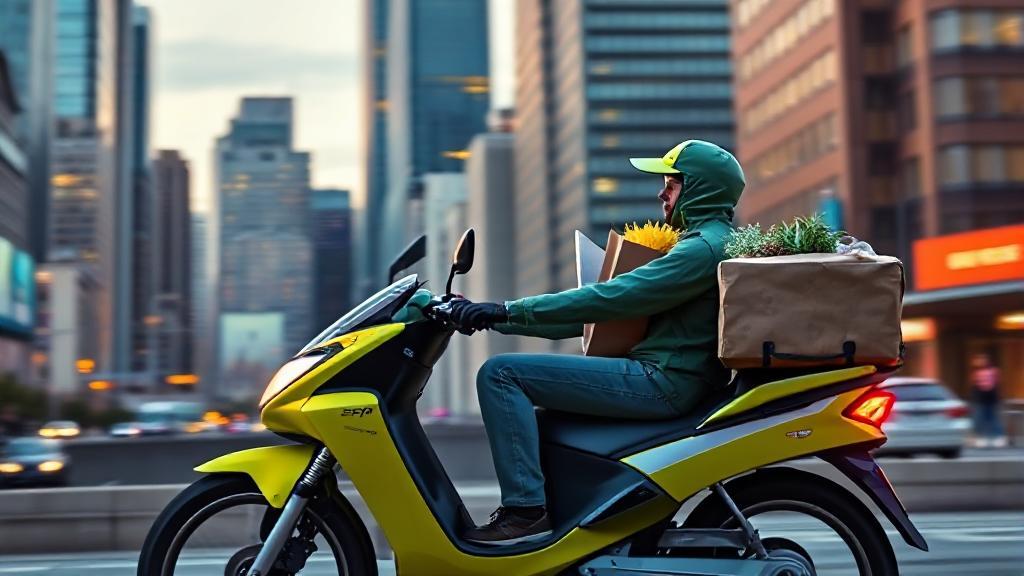What is Spark?
Spark is a delivery service platform that connects drivers with customers who need goods delivered from local stores. It operates similarly to other gig economy platforms like Uber Eats or DoorDash, but with a focus on retail deliveries. Drivers use their own vehicles to pick up and deliver orders, earning money for each completed delivery.
Base Pay Structure and Earnings Potential
Spark drivers earn through a combination of base pay and incentives. The base pay typically ranges from $7-15 per delivery, depending on factors like distance, order size, and market demand. According to Glassdoor, drivers report earning between $15 to $25 per hour on average.
Example Earnings Breakdown
| Component | Amount |
|---|---|
| Base Pay | $10 per delivery |
| Tips | $5 per delivery |
| Bonuses | $2 per delivery |
| Total per Delivery | $17 |
Factors Influencing Earnings
Several factors can affect how much a Spark driver earns:
1. Location
- Urban areas offer higher order volume and shorter delivery distances
- Rural areas provide higher per-order payouts but longer distances
- Suburban areas often yield better tips than urban centers
2. Time of Day
Peak hours typically include:
- Weekday evenings (5-8 PM)
- Weekend mornings
- Holiday periods
- Inclement weather
"Strategic scheduling during peak hours can increase earnings by 30-50%" - Spark Driver Community Forum
3. Performance Metrics
- Acceptance Rate
- On-Time Delivery
- Customer Rating
- Order Completion Rate
Expenses to Consider
Vehicle Maintenance
| Maintenance Task | Frequency | Estimated Cost |
|---|---|---|
| Oil Change | Every 3-5K miles | $30-60 |
| Tire Rotation | Every 6-8K miles | $20-30 |
| Brake Check | Every 12K miles | $40-100 |
Tips to Maximize Earnings
- Optimize your schedule around peak hours
- Know your area and use apps like Google Maps or Waze
- Maintain your vehicle regularly
- Leverage promotions and bonuses
- Provide excellent customer service
- Track mileage using apps like Stride for tax deductions
- Multi-app during slow periods
- Take advantage of referral bonuses
Best Practices for Customer Service
- Communicate clearly with customers
- Handle items with care
- Follow delivery instructions precisely
- Maintain professional appearance
Future Outlook
The delivery industry continues to evolve with:
- Enhanced automation
- Improved routing algorithms
- New incentive structures
- Expanded service offerings
Staying adaptable and maintaining high service standards will be key to maximizing earnings in this dynamic environment. For more information on becoming a Spark driver, visit the official Spark website.
